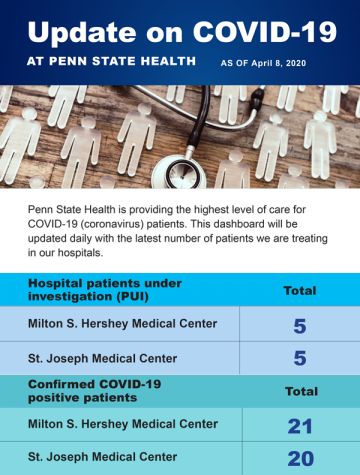Treating COVID-19 Patients at Home and in Hospitals
April 8, 2020
COVID-19 has no vaccine, antibiotics, or official medical plan for treatment as of right now, yet that does not stop people from getting sick. There are two main options for people who have COVID-19 and are aware of it: stay at home or go to a hospital.
Those who have tested positive for the virus can stay at home as long as they have mild symptoms. It is crucial that the people who are diagnosed with COVID-19 stay in touch with medical personnel to make sure that they are not putting themselves or others at risk.
Home remedies or other drugs are not recommended for people who have the virus, as the effects are as yet unknown and could potentially be dangerous, according to the World Health Organization. Patients at home can take care of themselves by staying hydrated, sleeping, and practicing self-isolation in order to not spread the disease any further.
If the patient does choose to go to the hospital, they should call ahead and allow the hospital to take proper actions to prepare for the arrival, according to the Centers for Disease Control and Prevention. For the more severe cases, hospitalization is strongly recommended. Each hospital is supposed to be prepared; however, there are no set guidelines, and every hospital has different ways of preparing.
For example at the Milton S. Hershey Medical Center, they are currently treating 21 patients as of April 8, 2020.

The Hershey Medical Center staff start by putting admitted patients in negative pressure isolation rooms which help decrease the spread of the virus to materials or medical personnel. The hospital also has specially equipped staff to help the patients. Additionally, the hospital is getting more Personal Protective Equipment (PPE) and medical supplies to deal with larger outbreaks through drop off centers according to the Penn State Health News website. They will also send it out to other clinics and ration the supplies wisely.
The best way to avoid COVID-19 is by taking preventative measures: social distancing, hand washing, covering your mouth when sneezing or coughing, and self-isolation when ill.


